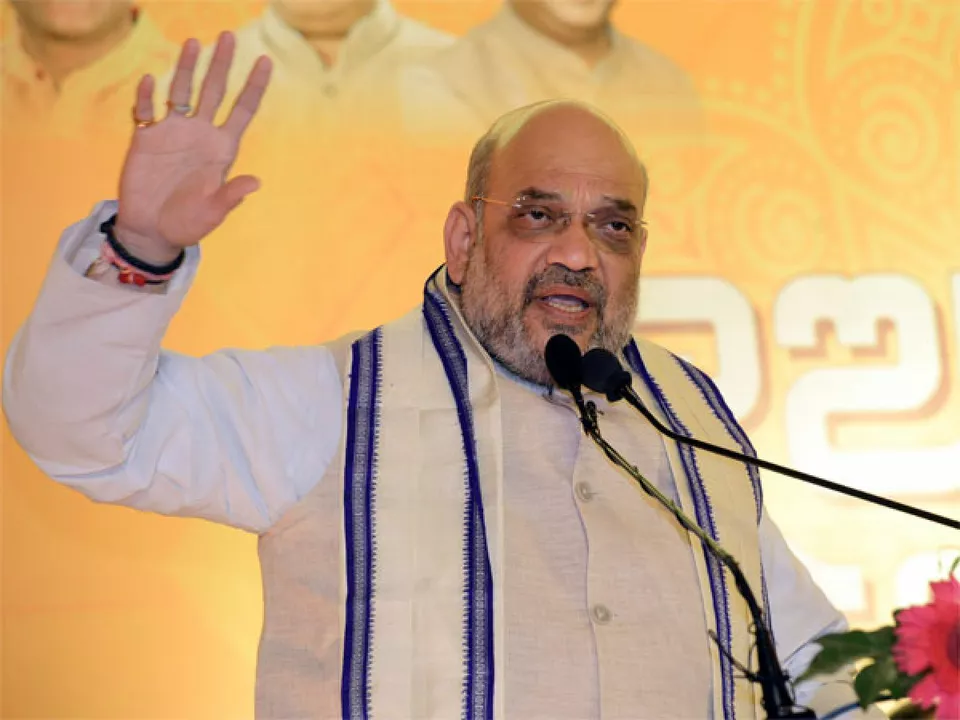Politics Today: What’s Really Going On?
Politics can feel like a nonstop news ticker, but you don’t have to drown in jargon to understand it. Whether it’s a new law in Delhi, a summit in Brussels, or a heated debate on social media, the core ideas are simple: power, decisions, and how they affect everyday life.
In the last few weeks, India’s political scene has been buzzing. The Centre announced fresh budget allocations for rural development, while opposition parties rallied around education reforms. Meanwhile, Europe is wrestling with energy security after the recent talks between the EU and Russia. All of these stories tie back to one thing – how governments respond to crises and try to keep their citizens safe.
Why Politics Matters to You
You might wonder why you should care about a parliament vote or a diplomatic handshake. The answer is simple: policies shape the services you use, the taxes you pay, and even the price at the grocery store. When a new transport bill passes, it could mean better trains in your city. When a health initiative rolls out, it could affect the cost of medicines. In short, politics decides the rules of the game you’re playing every day.
Take the recent debate on renewable energy in India. The government’s push for solar farms promises more jobs in rural areas and cleaner air for everyone. At the same time, critics argue that the rollout needs better planning to avoid hitting farmers’ lands. Knowing both sides helps you form an opinion that’s grounded in reality, not just headlines.
How to Stay Updated Without the Overload
Getting the right info is half the battle. Instead of scrolling through endless feeds, pick a few trusted sources that break down complex issues into bite‑size pieces. Look for newsletters that send a daily roundup, podcasts that interview policy makers, and short videos that use graphics to explain the numbers.
Another tip: set a schedule. Allocate 15 minutes in the morning or during a commute to catch up. That way, you stay informed without feeling overwhelmed. And when a story catches your eye—like the latest move on the Ukraine conflict or a new education bill—dig a little deeper. Read the official statement, then check a fact‑check site for accuracy.
Finally, don’t be shy about asking questions. Comment sections, community forums, or a quick chat with a friend can turn a confusing piece of legislation into a clear conversation. The more you engage, the less political news feels like distant noise.
Bottom line: politics isn’t just for journalists and lawmakers. It’s the backdrop to your daily routine, and staying informed helps you make smarter choices. Keep an eye on the big stories, use reliable sources, and talk it out. That’s all you need to turn the endless stream of political news into useful knowledge.
